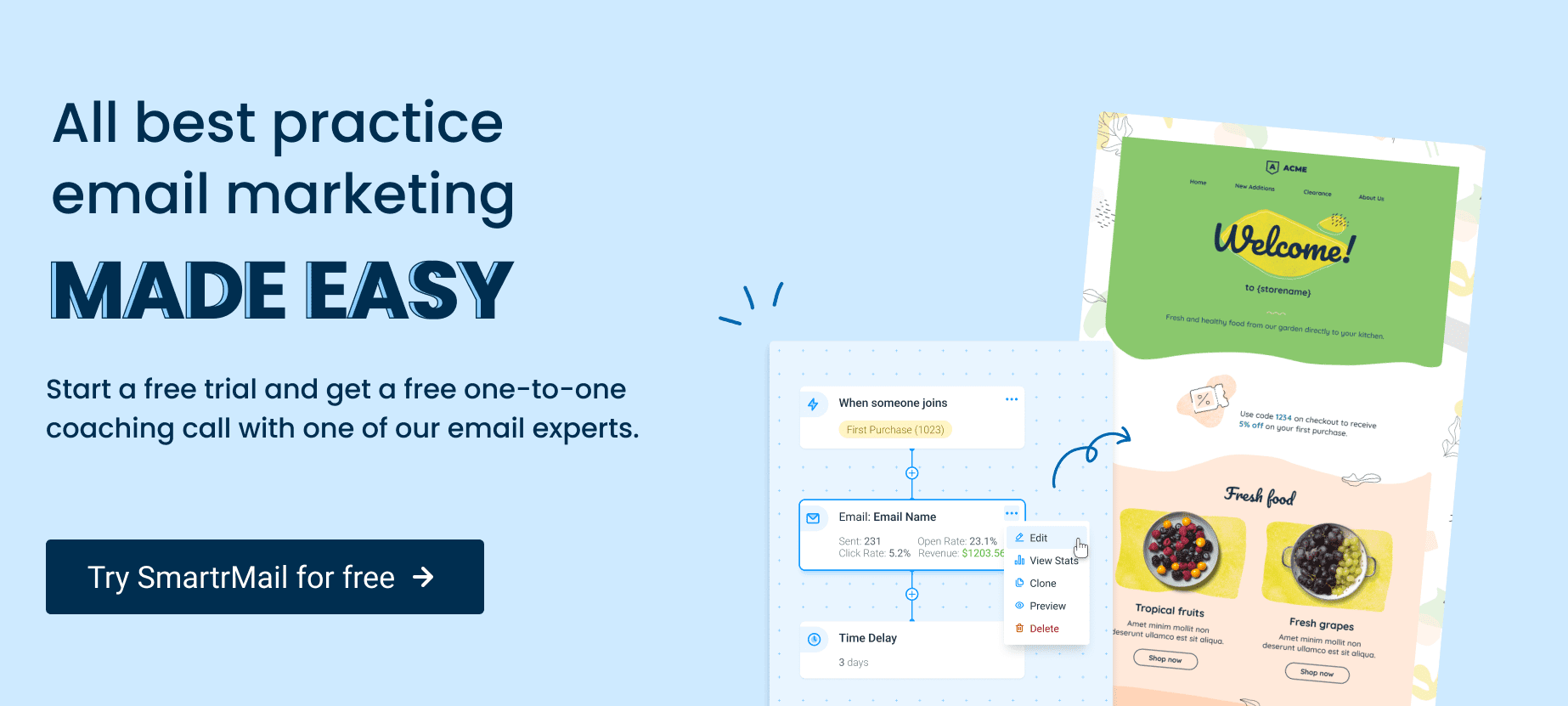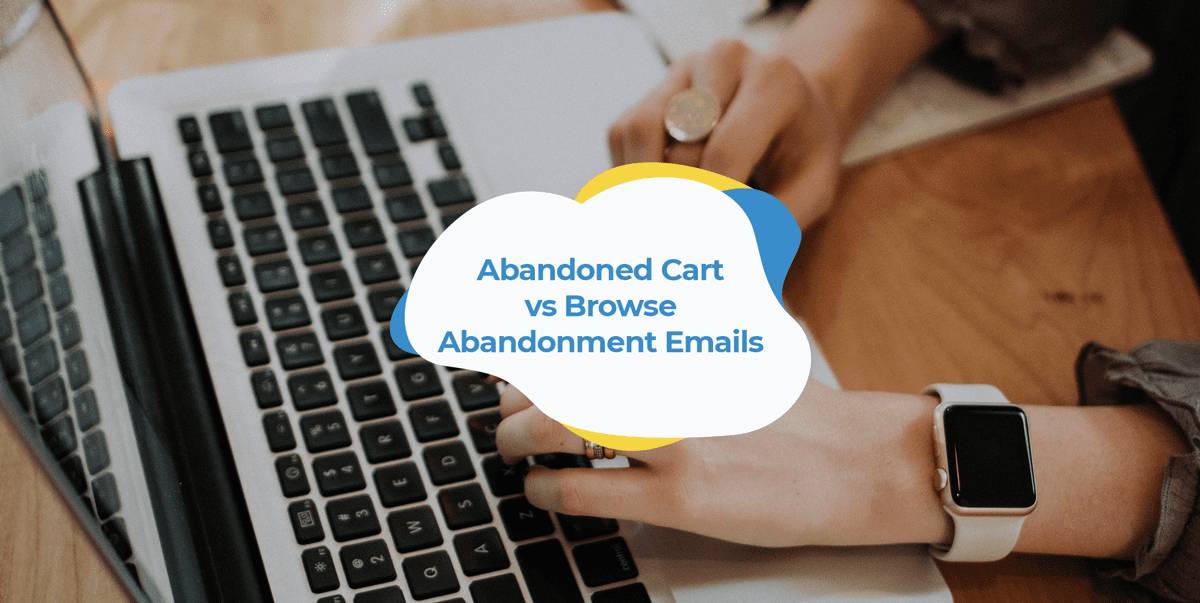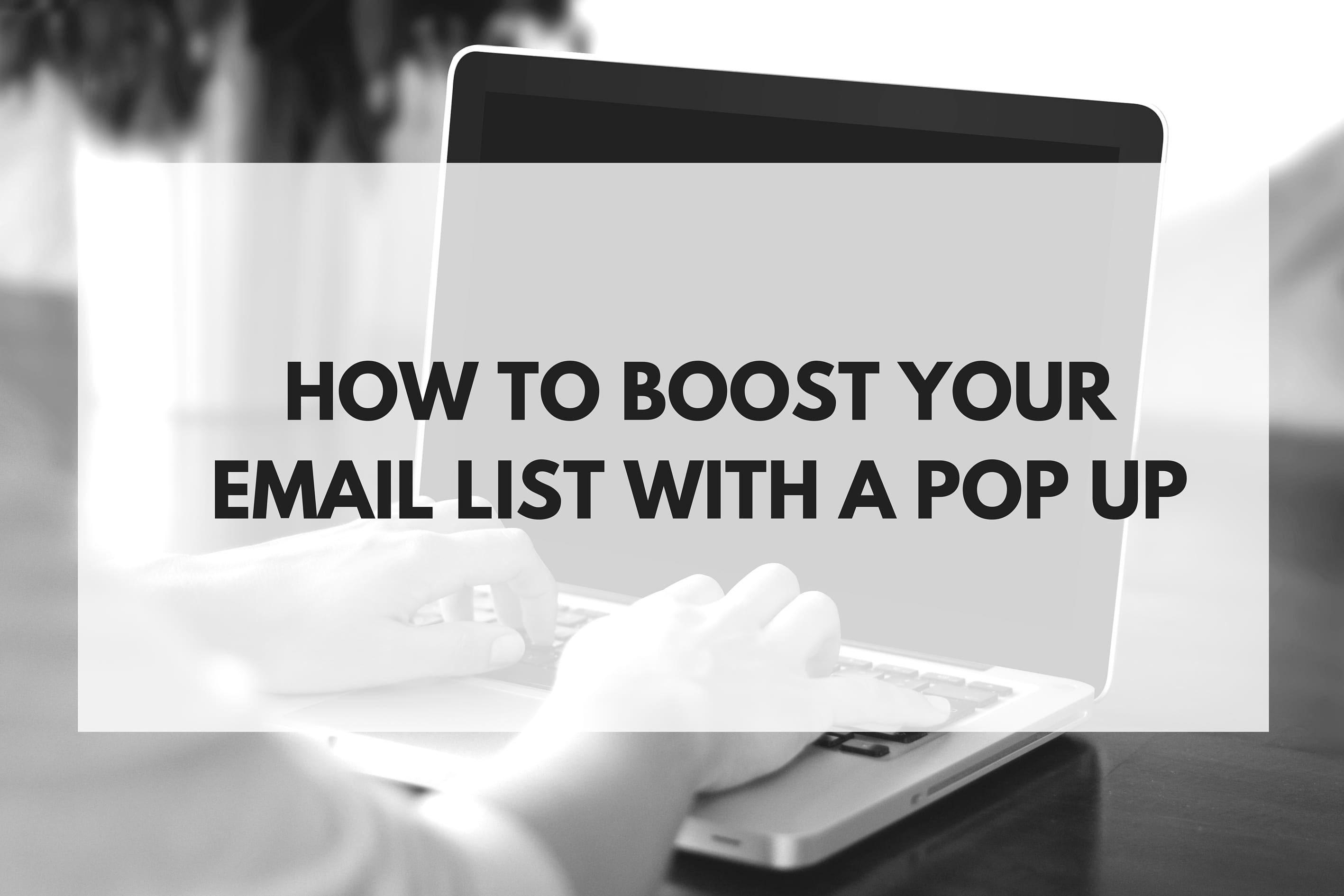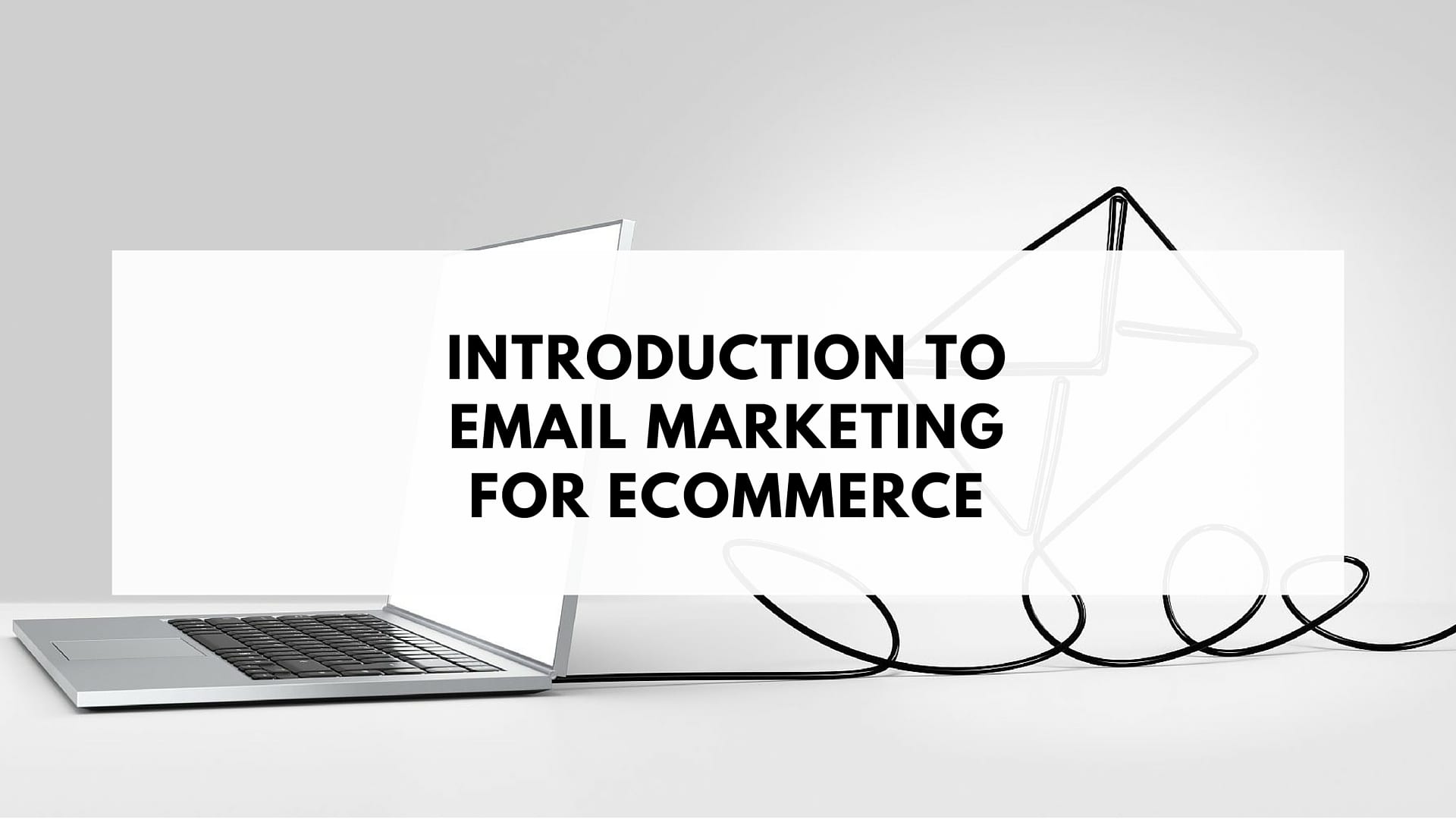Abandoned carts and browse abandonment emails are two of the most powerful email marketing automations you can set up for your store.
One-third of all clicks on an abandoned cart email, for example, lead directly to a sale and browse abandonment emails receive 80% higher open rates and 50% higher click-through rates than regular email campaigns.
But while both automations are incredibly effective at generating additional sales, having ‘abandon’ in both their names can lead to some confusion. Especially if you’re new to email marketing.
So in this article, we’ll cover how these automations differ from each other, what exactly is being ‘abandoned’, and how each fits into your broader email marketing strategy.
What is an abandoned cart email?
Let’s start with abandoned cart emails. These are automated emails that are sent to people who have added products to their online cart but, for whatever reason, never completed the purchase.
In other words, they’ve abandoned their cart on your online store instead of completing the checkout process.
The goal of abandoned cart emails is then to remind the would-be customers of their cart and encourage them to come back and complete their purchase.
The email below from Moment is a good example of an abandoned cart email.
Notice the “you left some products in your cart” wording and the “return to cart” call-to-action? These are dead giveaways of an abandoned cart email.
Why abandoned cart emails are important
If you think people adding items to their cart and not completing their purchase isn’t that common or a problem, you are sadly mistaken.
It’s actually more common for people to do this than it is for them to complete the purchase.
For every customer who does make a purchase, on average, two are abandoning their cart.
While the reasons people abandon carts are varied, what’s clear is the need to target cart abandoners with a timely, automated email campaign to encourage them to complete their purchase.
And the good news is that these emails are incredibly effective at achieving this.
Not only do they receive a higher open and click-through rate compared to regular email marketing campaigns, but when they’re structured well, they can recover up to a third of these otherwise lost sales.
To learn how to structure and optimize your campaign, read our guide on abandoned cart emails here. To view more examples, check out our collection of abandoned cart emails here.
What is a browse abandonment email?
Now that you’ve got a good idea of what an abandoned cart email is let’s look at what browse abandonment emails are.
Like abandoned cart emails, browse abandonment emails also aim to recover sales from people who visited your online store and showed an interest in your products but never made a purchase.
The key difference is that browse abandonment emails are sent to people who simply looked at (or ‘browsed’) particular products but did not add anything to their cart.
The goal with browse abandonment emails is then to get these would-be customers to return and add the item to their cart (and then ultimately complete the purchase).
The email below from Timberland is a good example of a browse abandonment campaign.

In this email, the “thanks for visiting” and “we noticed you were checking out this item” wording and the “add to cart” call-to-action is what give it away as a browse abandonment campaign.
Why browse abandonment emails are important.
It’s actually more likely for people to abandon their browsing session than it is for them to abandon their cart. For every 10 customers who visit your store, 9 won’t add a product to their cart.
But as they’ve viewed your products, they’ve shown purchase intent and are, therefore, more likely to convert from a browse abandonment email than a regular email campaign.
Especially when the browse abandonment email contains the specific product your customer was looking at.
That’s why over 10% of clicks on browse abandonment emails lead directly to a sale.
To learn how to structure and optimize your campaign, read our guide on browse abandonment emails here. To view more examples, check out our collection of browse abandonment emails here.

The difference between abandoned cart and browse abandonment emails
As we’ve already alluded to, the key difference between an abandoned cart and a browse abandonment email is in how close customers come to making a purchase.
With browse abandoners were actively browsing products on your online store. Cart abandoners came closer to purchase, however, by actually having placed items in their online cart.
This means you should think about how to match your campaigns to where your customers are in the journey to making a purchase so you can best address the unique needs of these two different audiences.
How does this difference affect your browse abandonment strategy?
Because cart abandoners came one step closer to making a purchase, it’s also fair to say that they demonstrated higher purchase intent compared to people who were just browsing.
This is a key difference that should be reflected in how you compose your abandoned cart and browse abandonment campaigns.
In particular, this means you should use a lighter touch with your browse abandonment emails, as the people receiving them have shown less intent to purchase. They could, after all, simply just be ‘browsing’ or window shopping.
What browse abandonment does strongly indicate, however, is interest in a particular product or product category.
This means your browse abandonment emails should leverage and build on that interest with the help of product education and by recommending similar items. As opposed to going heavy with sale tactics like discounts and coupons.
You also shouldn’t include as many follow-ups in your campaign (2 max), and you don’t want to always send a browse abandonment email every time someone leaves without making a purchase.
For more on this and other strategy tips, check out our guide on browse abandonment emails here.
How does this difference affect your cart abandonment strategy?
If someone has actively added an item to their cart, however, it’s fair to assume that they have much stronger purchase intent and are more likely to convert from your abandoned cart campaign.
This means you can include more follow-up emails in your abandoned cart campaigns and use discounts and other sale tactics more liberally. You should also send customers your abandoned cart emails every time they abandon their cart.
Conclusion
Both abandoned cart and browse abandonment campaigns target potential customers right when they show purchase intent with timely and relevant emails.
While they target two different audiences, one who made it closer to purchase than the other, they are both essential automation that should be part of every store’s email marketing strategy.
And when you tailor these two automations to the unique needs of their recipients based on where they are in the customer journey, they will work together to boost sales for your store.




